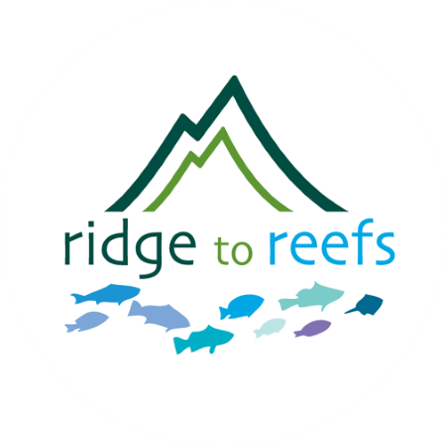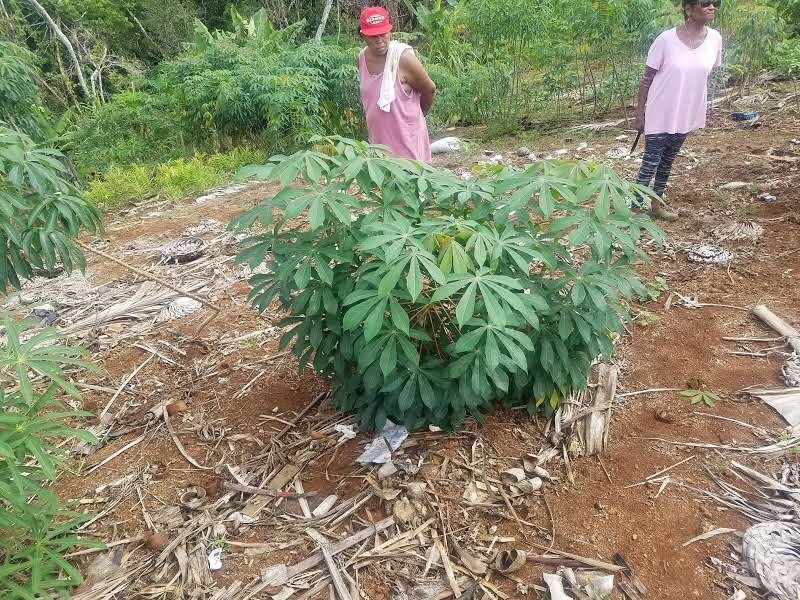Babeldoab Watershed Planning, Babeldoab, Palau
Babeldoab Watershed
Project Summary
The goal of this effort was to identify priority projects to address the challenges to Palau’s coral reefs and watershed recharge areas. These impacts include sediment runoff from dirt roads, conversion of forest and savanna lands to housing settlements, and high input chemical agricultural practices. We focused on the Ngerikiil watershed, which is heavily impacted by these factors. This watershed provides drinking water for 75% of the population of Palau. It also supports many important species valuable for food security and the health of the island ecosystem. The goal of these projects was to reduce existing and future pollution problems using locally devised solutions and field testing methods to advance the science of watershed protection and restoration in Palau. A total of 28 projects were identified and seven representative projects were implemented together with local partners, with plans to continue the remaining projects in the coming years.
Problem
Palau’s watersheds are impacted by sediment runoff from dirt roads, conversion of forest and savannah lands to housing settlements, and high input chemical agricultural practices. These stress the water quality, mangroves, and coral reefs.
Solution
Work with local partners to identify and field test locally applicable watershed restoration methods. Use natural solutions and work with the landscape to address the issues impacting the watershed health.
Implementation
To achieve the goals of sediment reduction and improvement of water quality we worked with local groups and used a variety of methods. By working with local communities incorporating traditional environmental methods and introducing new methods, working with farmers to convert from chemical to natural fertilizers and pesticides, planting was reduced with vetiver grass traps, restoring taro fields, amending soil with natural materials including wood chips, biochar, and coconut husk, we were able to stabilize sediment runoff from several fields, treat septic runoff impacting a local elementary school.
Outcomes
A total of 28 projects were identified and seven representative projects were implemented together with local partners, with plans to continue the remaining projects in the coming years. Each of these projects contributes to improving the health of the watershed, reducing sediment runoff, chemical pollutants, and nutrient overloads.
Funders and Partners United States Department of The Interior (U.S. DOI) Coral Reef and Natural Resource Initiative, Joe Itaro and Palau Protected Areas Network, Cam Ching and the Airai State Medal Ngediull Conservation Area, Airai Rangers, Chris Kitalong and Palau Community College — Cooperative Research Extension, Bernie, Bola, and Palau Conservation Society, Palau Community Action Agency
















